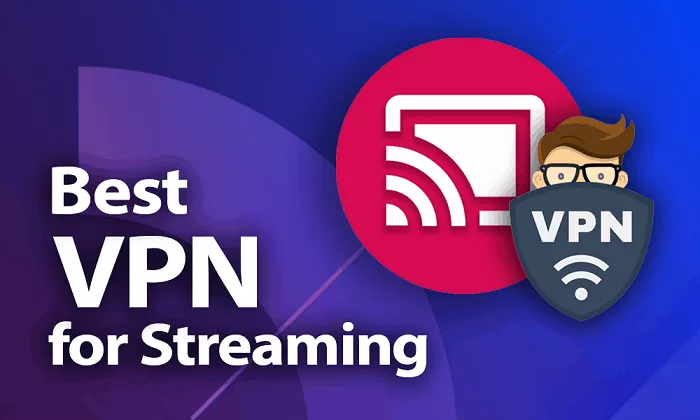In the digital age, streaming has become a primary source of entertainment for millions worldwide. Platforms like Netflix, Hulu, and Amazon Prime Video offer vast libraries of content at our fingertips. However, as you indulge in your favorite shows and movies, you might wonder: Does using a Virtual Private Network (VPN) enhance your streaming experience? This article explores the role of VPNs in streaming, discussing their benefits, potential drawbacks, and whether they’re essential for your viewing habits.
What is VPNs and Their Purpose
A VPN, or Virtual Private Network, is a service that encrypts your internet connection, routing your data through a secure server. This process hides your IP address, making your online actions more private and secure. Beyond privacy, VPNs offer various functionalities that can influence your streaming experience.
Benefits of Using a VPN for Streaming
1. Access Geo-Restricted Content
Many streaming platforms restrict content based on geographic location. For instance, certain movies or TV shows available on Netflix in the U.S. might not be accessible in other countries. A VPN allows you to connect to servers in different countries, bypassing these geo-blocks. This means you can enjoy content libraries from around the world, expanding your viewing options.
2. Bypass Network Restrictions
In some regions or institutions, access to certain streaming services might be restricted or throttled. A VPN can help bypass these restrictions, ensuring uninterrupted access to your favorite content.
3. Avoid Bandwidth Throttling
Internet Service Providers (ISPs) sometimes intentionally slow down your connection when streaming high-bandwidth content. This is known as bandwidth throttling. Using a VPN can prevent your ISP from detecting your streaming activity, potentially reducing the likelihood of throttling and providing a smoother viewing experience.
4. Enhance Privacy and Security
Streaming over public Wi-Fi networks can expose you to security risks. A VPN encrypts your connection, protecting your data from potential threats, such as hackers, especially on unsecured networks.
Potential Drawbacks of Using a VPN for Streaming
1. Impact on Internet Speed
While VPNs offer numerous benefits, they can sometimes reduce your internet speed. This slowdown occurs because your data travels through an encrypted tunnel to a remote server, adding extra steps to the connection process. The extent of speed reduction varies based on factors like the VPN provider, server location, and your original internet speed.
2. Compatibility Issues with Streaming Platforms
Some streaming services actively detect and block VPN traffic. This means that even if you’re using a VPN, you might encounter errors or be denied access to content. It’s essential to choose a VPN known for its ability to bypass these restrictions.
Do You Really Need a VPN for Streaming?
The necessity of a VPN for streaming depends on your individual needs and circumstances:
- Accessing Geo-Restricted Content: If you’re traveling abroad and wish to access content available in your home country, a VPN is beneficial.
- Enhancing Privacy: If you’re concerned about privacy and want to prevent ISPs or other entities from monitoring your streaming habits, a VPN adds an extra layer of security.
- Avoiding Bandwidth Throttling: If you suspect your ISP is slowing down your connection during streaming, a VPN might help mitigate this issue.
However, if you’re primarily watching content available in your region and aren’t concerned about privacy or throttling, you might not need a VPN for streaming.
Choosing the Right VPN for Streaming
If you decide to use a VPN for streaming, consider the following factors:
- Server Locations: Ensure the VPN has servers in the countries whose content you wish to access.
- Speed and Reliability: Opt for a VPN known for maintaining high-speed connections suitable for streaming.
- Bypass Capabilities: Choose a VPN that can effectively bypass geo-restrictions and VPN blocks implemented by streaming services.
- Device Compatibility: Ensure the VPN is compatible with your streaming devices, such as smart TVs, smartphones, or laptops.
Conclusion
A VPN can significantly enhance your streaming experience by providing access to a broader range of content, ensuring privacy, and potentially improving connection speeds. However, it’s essential to be aware of potential drawbacks, such as speed reductions and compatibility issues. Assess your streaming habits and priorities to determine if a VPN aligns with your needs. If you choose to use one, select a reputable VPN service that caters to your specific streaming requirements.

